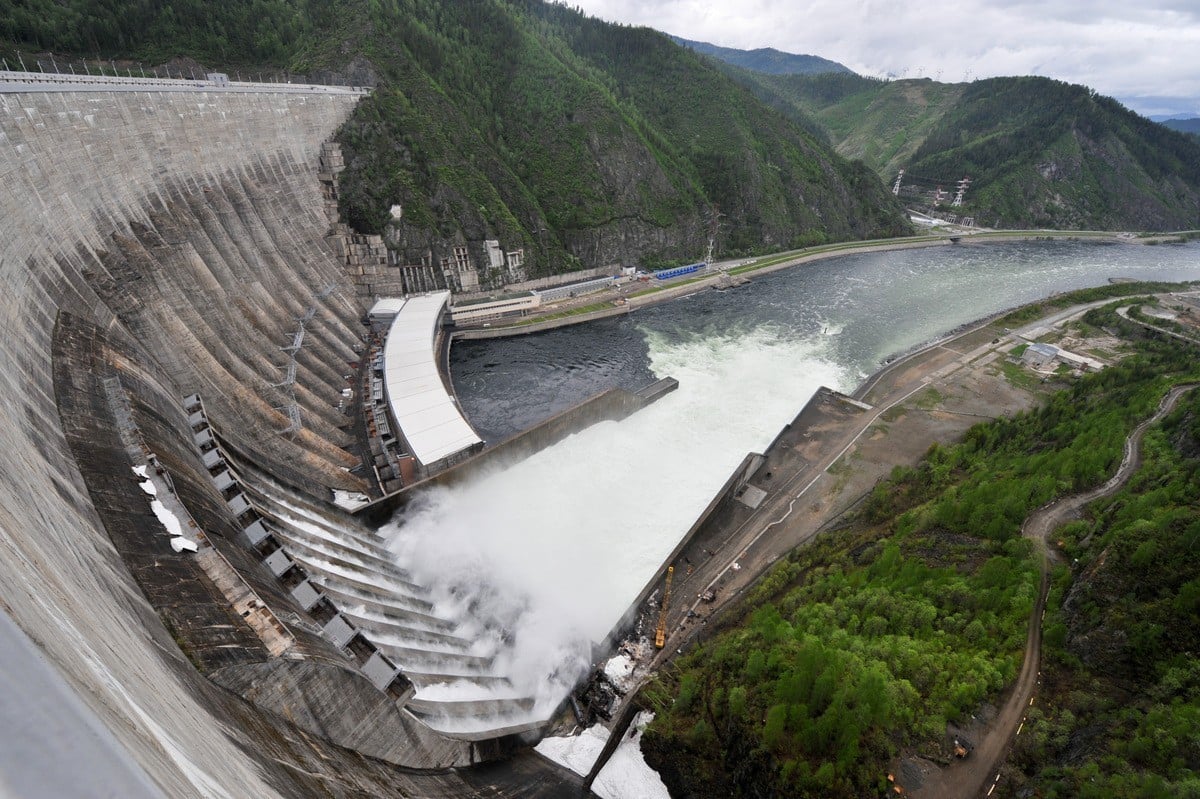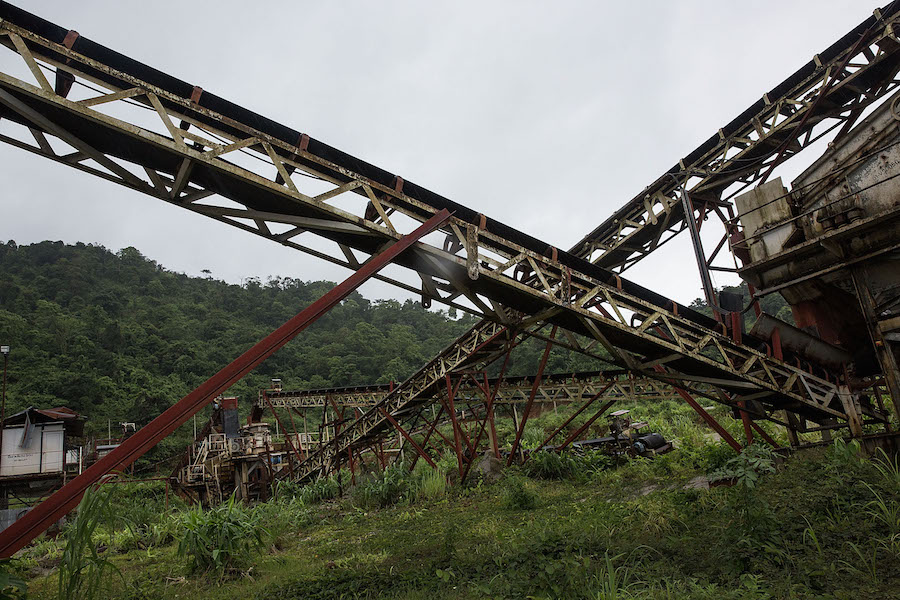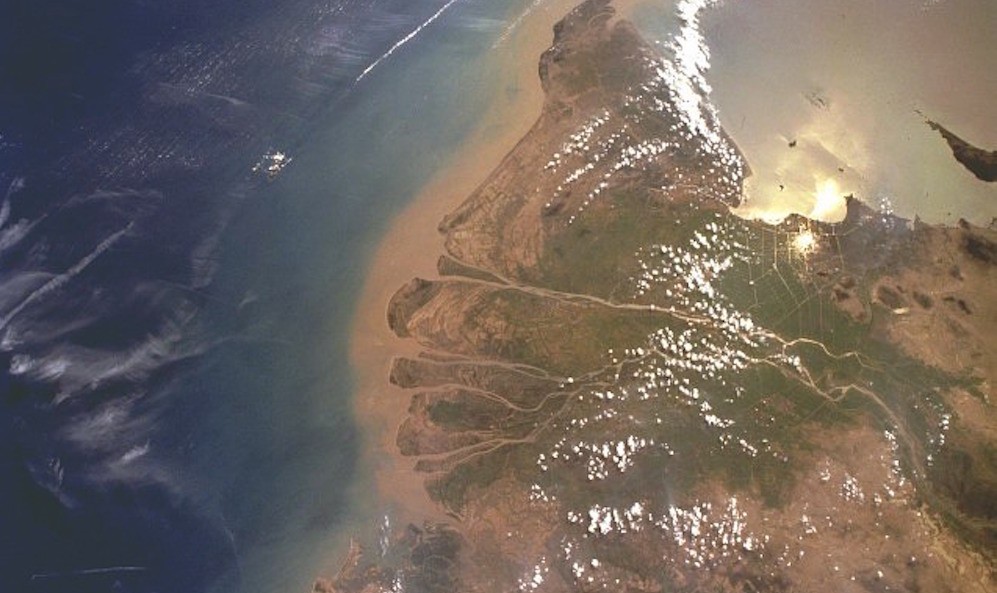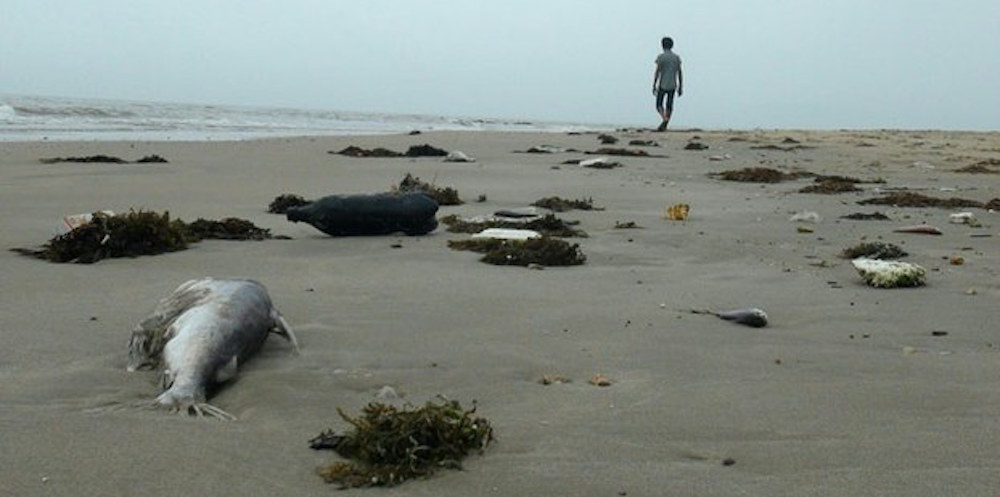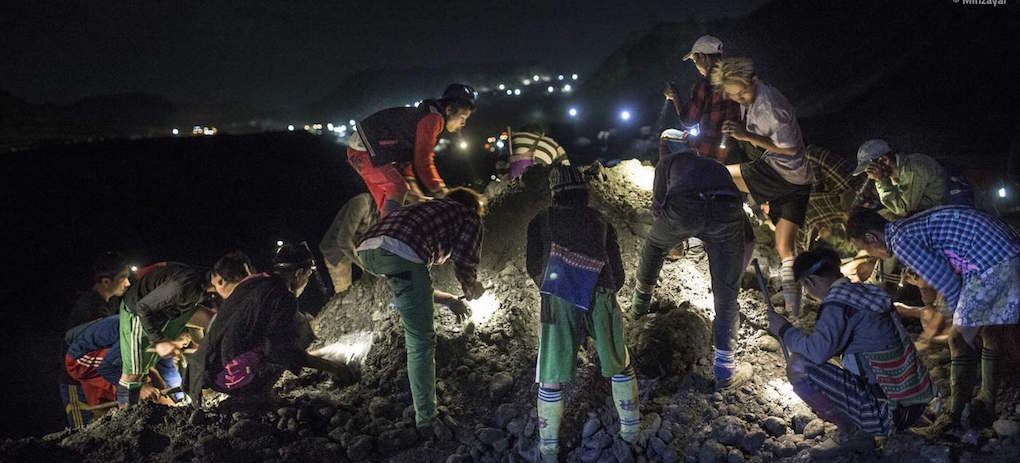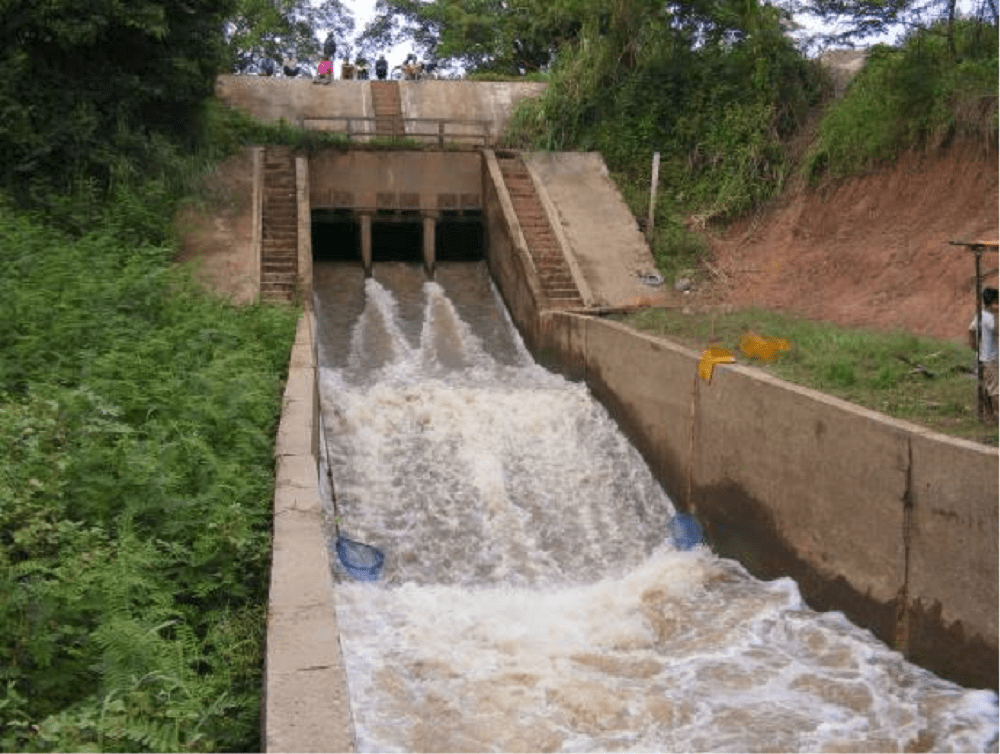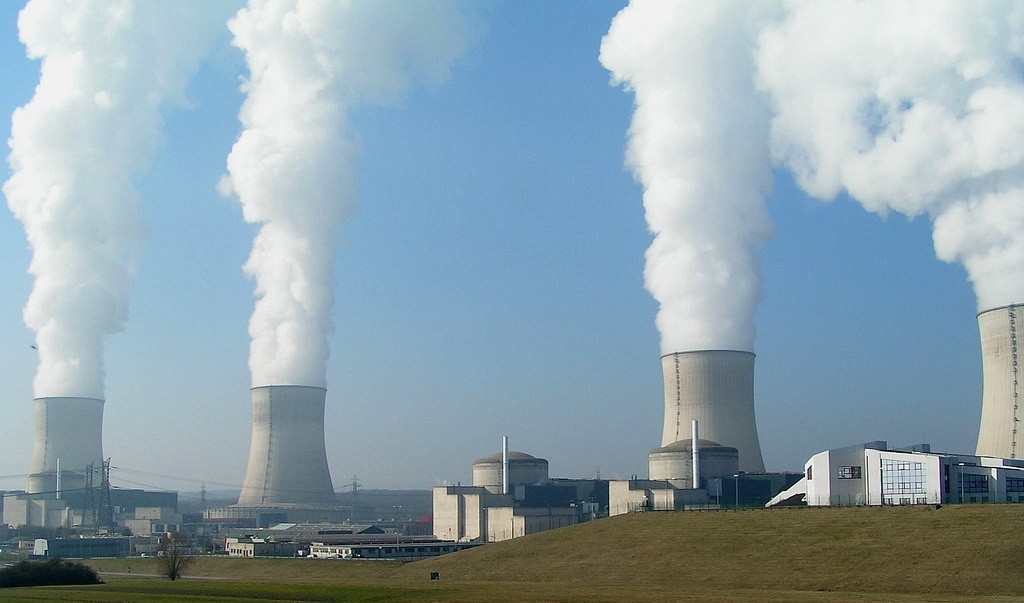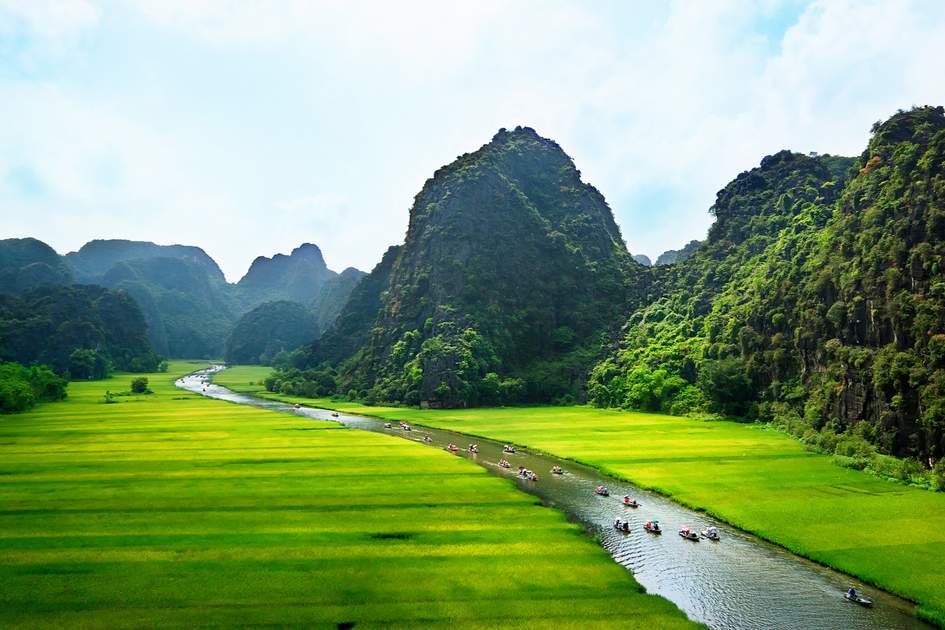As the world rushes into implementing the commitments enshrined in the historic climate deal in Paris in December, the use of large dams to mitigate climate change is becoming more popular across Asia and the world. But for many environmental and social advocates, this source of water and power remains a questionable solution that may even exacerbate our already fragile river resources. Eco-Business takes a look into the debate surrounding mega dams.
Category: Region
Selected environmental stories from media outlets in the Mekong region and beyond.
Dawei residents protest against $3 billion oil refinery
A collection of civil society groups in the southern city of Dawei has begun to actively protest a Chinese-led US$3 billion proposal to build Myanmar’s largest oil refinery on their doorstep.
Local businesses, civil society organisations and villagers are circulating a petition calling for the new National League for Democracy-led government to reconsider the project – which received approval on the last full day of former president U Thein Sein’s administration.
Local residents were hardly involved in the approval process, according to the appeal, which suggests the environmental effects of the 100,000-barrels-per-day project may be catastrophic.
More than 2000 people from six villages have signed the petition, according to the Dawei Development Association.
Mekong Delta loses half of silt to upstream dams: scientists
Le Van Nam has difficulty sleeping at night thinking of the fall in yields year after year on his rice field allegedly due to less silt being washed down the Mekong River because of upstream dams.
“In the last winter-spring crop, my 5,000 square meters only produced 3.5 tons of rice while it was four tons the previous year,” the farmer from An Giang Province said.
Declining flows down the Mekong River due to the building of dams upstream have been partly blamed – as have severe droughts — for reduced yields and worsening erosion in the delta.
According to the An Giang Department of Agriculture and Rural Development, floods in the 4,900-km river used to bring silt and fish.
However, declining flows in recent years have made the land less fertile.
After a 14 year hiatus, Cambodia’s passenger trains are back
Cambodia’s passenger train services resumed regular operations between capital Phnom Penh and southwestern Sihanoukville on Saturday after a 14-year hiatus.
Massive Fish Kill in Vietnam
Vietnam’s top environment official offered an apology on Friday for his government’s “confused” handling of a mass fish kill off that has killed tons of fish across a wide swath of the country’s central coast.
Cambodia Cancels Screening of Film About Murdered Environmentalist Chut Wutty
The Cambodian government has stopped the public screening of a documentary about the life and struggle of Chut Wutty, an environmentalist who was killed in 2012 while exposing the activities of an illegal logging plantation.
Myanmar Launches First Report on Extractive Industries Revenue
News Release On Friday, March 18 several hundred people gathered in Yangon, Myanmar for the launch of the country’s first EITI report, which provides the most comprehensive data to date on Myanmar’s revenues from extractives; traditionally opaque sectors in the country. Dr. Maung Maung Thein, outgoing chair of the Multi Stakeholder Group that implements EITI […]
Small is worrying: tributaries, ‘small’ hydro and the Mekong hydropower debate
So, last week I attended a meeting held at Can Tho University entitled ‘Sustainable Uses of Mekong Water Resources’. With Can Tho sitting squarely in the middle of the Mekong Delta, and suffering dreadfully from the current drought, the debate was highly emotional. And often very loud.
Participants acknowledged El Niño and climate change as two variables responsible for the absence of rain. But most of the ire was directed at mainstream dams north of the delta.Mainstream dams. South of the China border, none of these are complete, and just two are under construction. The Laotian dams were certainly focussed upon, but most of the concern was with the Chinese dams. Recently, China has released a considerable quantum of water from their dams, with the stated aim of assisting their drought-stricken neighbours to the south. The reasons for these releases were treated with scepticism.
US Preps Cambodia for Nuclear Energy
The US Department of Energy (DOE) held a workshop on “Nuclear Safeguards and the Additional Protocol” at Phnom Penh’s Sunway Hotel yesterday, highlighting the need for more technical knowledge and greater information sharing on nuclear power in Cambodia.
The workshop comes on the heels of a visit by Russian Prime Minister Dmitry Medvedev last November, when the two countries signed a “memorandum on nuclear cooperation” that revealed the government’s efforts to obtain nuclear power with assistance from Russian experts.
Northern Vietnam may need 5-7 water dams to tackle drought, say scientists
A group of scientists has proposed building a network of between five and seven dams on the Red River to store and supply water for Vietnam’s northern region.
The group is studying water shortages in the region and believes that water dams can help the provinces survive dry seasons, which have become very intense the past few years.
“Unlike hydropower dams whose main task is to generate power, these dams will regulate water flows, especially during the dry season,” Tien Phong newspaper quoted Tran Dinh Hoa, deputy director of the Vietnam Academy of Water Resources, as saying.


